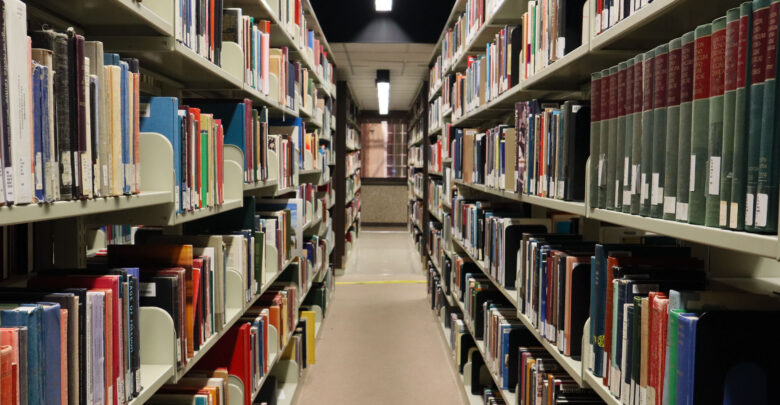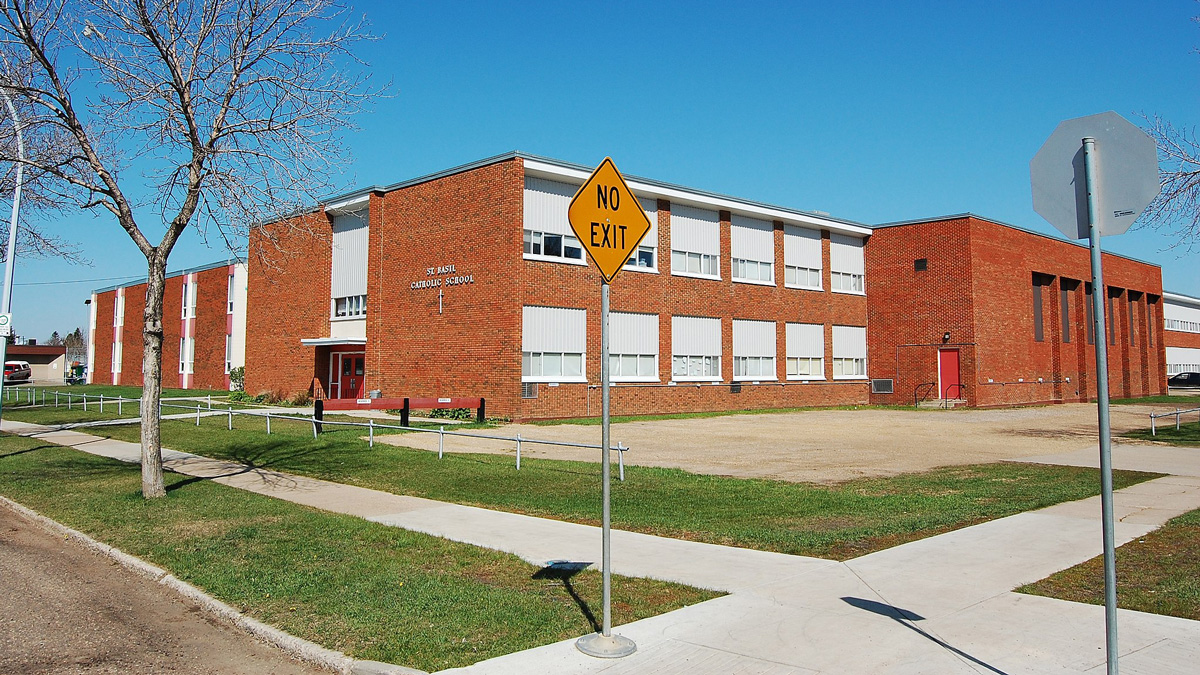 Leah Hennig
Leah HennigHave you ever encountered a paper that annoyed you because of how convoluted it was? Sure, you can understand it, but did it really need to have such an aggressively complicated sentence? And did that sentence even need to exist, or was it just repeating another sentence in a fancier, more “scholarly” way for no reason? Academic research faces access issues caused by language barriers and monetary costs for academic journals.
Unfortunately, a lot of the critical discussion surrounding academic language tends to come across as hyper-critical and anti-intellectual. These attitudes and approaches damage the potential for conversations we could be having. Botanists are going to talk like botanists. Anthropologists will use language specific to their needs. When we talk about complicated language, we’re looking at two entirely different kinds of complicated language. There’s field-specific terminology, and then there’s unnecessary flair.
This is not a new topic. And some journals do actively discourage this type of writing, like Brill Publishers‘ Journal of Moral Philosophy. A philosophy paper by Dale Dorsey in Noûs, one of the most prestigious philosophy journals, also uses balanced language. But this is not necessarily the norm. In a time when the internet’s influence is accelerating and misinformation is promoting political divides, we should be promoting academic accessibility even to people who don’t have post-secondary education.
There are other issues of access as well. Cost is a big one. Without a university affiliation, access to journals is expensive. This paper on how to make mayonnaise safely at home would be very useful to many home cooks. It examines acidity levels in mayonnaise and determines the appropriate amount to use to ensure food safety. It also determines the ideal temperature and time it needs to sit before being refrigerated. The paper’s publicly-accessible abstract doesn’t contain all of the specific information — for that, you have to pay for it or access it through a post-secondary school’s library.
Academics can access this paper fairly easily, but that doesn’t help home cooks at all. They could request the text via ResearchGate or email the first author, but many people outside of academia don’t realize they can do that. Even if they did know, who’s to say they would bother going through the extra work when there’s other accessible information available? Non-academics may instead turn to social media or other forms of digital content with incomplete or inaccurate information.
But here’s the problem. As the paper shows, mayonnaise doesn’t actually need to be refrigerated. It’ll just maintain its quality better if it is. The risk of it spoiling, as the United States Department of Agriculture (USDA) warns against, is if it comes in contact with other foods, like potato salad or sandwiches. The popular myth is that you must store mayonnaise in the fridge for food safety, including immediately after making it. However, as the abstract says, you must store mayonnaise at room temperature before refrigerating it in order for the acid to kill the salmonella. But mayonnaise recipes made even with unpasteurised eggs, like this one, tell you to put it into the fridge immediately.
Suddenly, we have home cooks and influencers working with inaccurate information, providing unsafe food advice to everyone who consumes their content. It’s not because they have no way to access the paper — this information is in the abstract. It was published in 2002, and online recipes still tell you to refrigerate immediately.
But when we create a culture of inaccessibility, people don’t attempt that access. Why look up a study if you know you won’t be able to afford to read it? Why engage with an academic article if the author is making their writing as difficult as possible to understand and still not actually saying anything? These barriers to access drive more people towards unreliable and potentially dangerous information. Our goal as academics is to promote knowledge and learning. That should benefit everyone, not just the few who can access and understand scholarly papers.
The academics of tomorrow need to realise this concern. Rather than simply following the same problematic academic norms, we need to build and carry forward responsible access practices. Relearning our misconceptions on how we write and treat information is the first step to doing just that.




